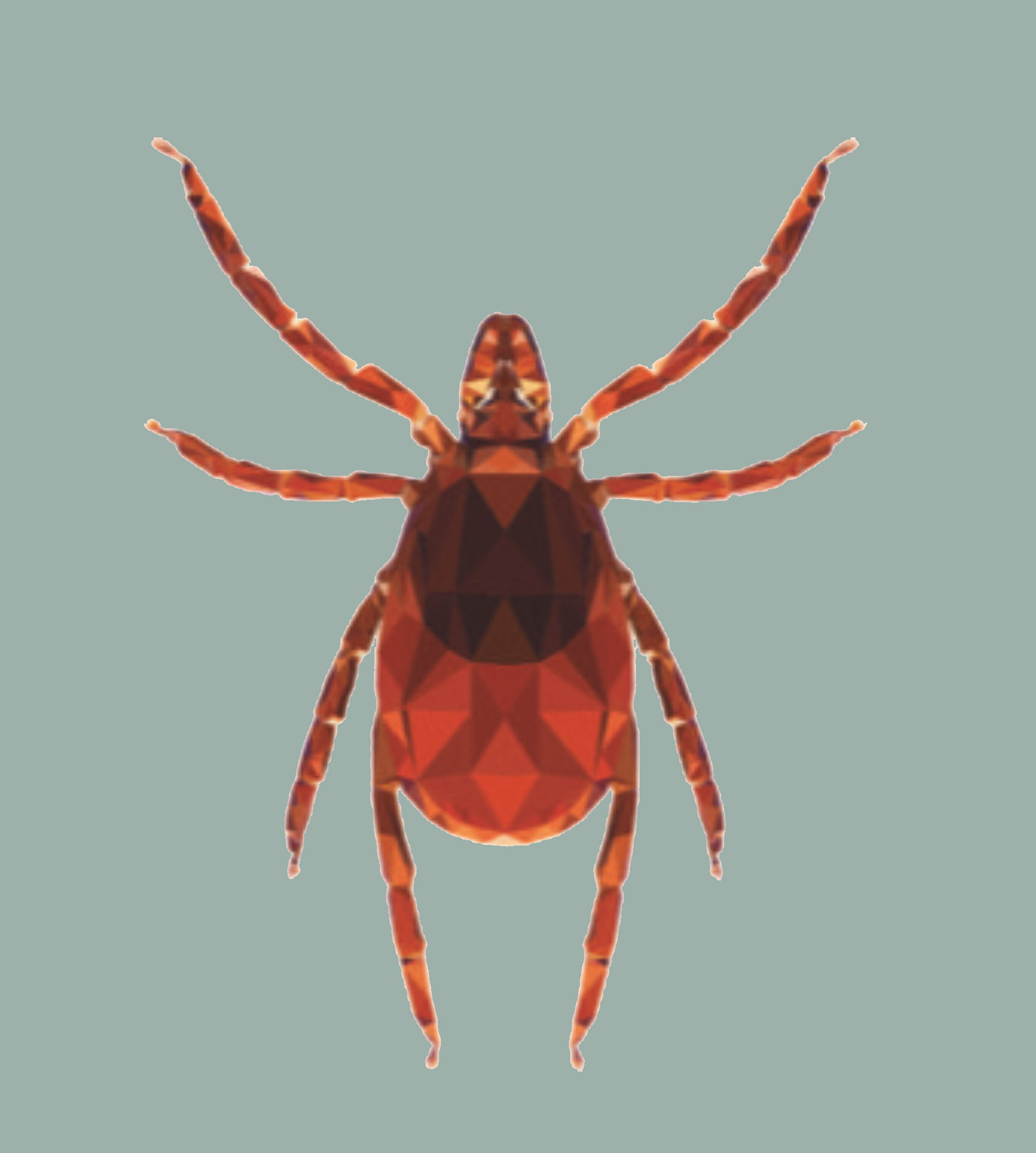I spent yesterday afternoon in a room full of Lyme patients. It was the first time I had been around so many Lyme sufferers. We were all gathered at the Tattered Cover to hear Dr. Richard Horowitz. For those of you who don\’t know, he is a demi-god in the pantheon of Lyme doctors. He\’s written two books, Why Can\’t I Get Better: Solving the Mystery of Lyme and Chronic Disease, and How Can I Get Better: An Action Plan for Treating Resistant Lyme and Chronic Disease. His first book came out in 2013. It was one of the first purchases I made when I realized I had Lyme. I didn\’t get a lot of it at the time, and I skipped over parts that didn\’t affect me (I had to go back and reread some of those later, as Lyme careened through my body). I slogged through the dense science along with the case studies. And I felt hope. This book covered everything. He believed Lyme patients could get better and even thrive.
Time passed, and I started to lose that hope. Every time I felt like I was getting well, I had a relapse. \”I\’ve turned a corner,\” I\’d say. I had, too. Right into another fucking ditch. Hope slipped away because the trajectory of Lyme is not lineal, it\’s a jagged zig-zag. This is not a pity party. It\’s an attempt to share how easy it is to lose sight of health.
I knew the book store would be packed for Dr. Horowitz. He is a physician in the truest sense of the word. When his patients don\’t get better, he considers this not a failing, but a chance to be a medical detective. His journey as a Lyme guru started thirty years ago, in the Hudson Valley of New York, now one of the most Lyme-infested areas of the US. Hearing his excitement about new protocols was infectious (pun intended). Seeing that many seriously ill people was, in a strange way, comforting. Why do we feel better seeing others who suffer like we do? There\’s that feeling of immediate kinship: this person gets it. There is also a less attractive side to this. Several people were in wheelchairs, or had to use walkers. Some of the people looked dreadful. For me, it\’s less about misery loves company and more about I\’m slightly less miserable than the rest of the company. Shallow, I know, but there it is.
Dr. Horowitz provided hope to the people listening yesterday. Hope may be the most powerful drug there is. Love is also important. People get better for the ones they love. The combination can be potent. I was one of the few \’singles\’ at the book signing (even Dr. Horowitz was part of a couple, he travels with his wife, a Lyme sufferer herself). There were parents and children, boyfriends and girlfriends, and married couples huddled together. I could immediately tell who had Lyme, because I was struck by how protective the healthy person was towards the Lyme sufferer. I have my dad and Katie, but I prefer to battle on my own with Lyme. Well, maybe not \’prefer\’, but that\’s the way it is. No, I take that back. I DO prefer to work this out on my own, mostly. I don\’t like to be coddled. There was lots of coddling yesterday.
For the life of me I can\’t figure out why more physicians don\’t view disease the way he does. Something happened to the way physicians practice medicine between the great gains of the early twentieth century and now. Probably not one thing, but several. The one frightening fact he pointed out is the alarming rise in chronic illnesses. Why? What are we doing about it? Chronic illness is crazy expensive on three levels; personally, monetarily, and societally. I\’ve experienced all three these last two years and it is not pleasant. The cost of untreated or poorly treated chronic illness is astronomical. One girl, who is now fourteen, got Lyme when she was six. She went to over fifty doctors before she got the right diagnosis. What that must have cost her family, I can\’t imagine. She was lovely, though, thankful that the newest pill Dr. Horowitz prescribed was \’tiny\’. I feel her pleasure in that. I don\’t want to brag, but I can swallow up to seven large pills at once. Impressive, I know.
Anyway, today I feel better than I did yesterday morning. His message gave me hope, and hope makes me feel better. One caveat: people ask if one can be cured from Lyme. Dr. Horowitz used the phrase \”knocked the load down\” several times, and never said the word cure. He talked about herbal protocols to \”keep the load down\” if symptoms creep back. I asked him about that as he signed my book. \”Is that the euphemism you use to dodge the question of a cure?\” I asked. He smiled. \”For now,\” he said, \”but not for always.\” Hope. It\’s a powerful thing.

Leave a Reply